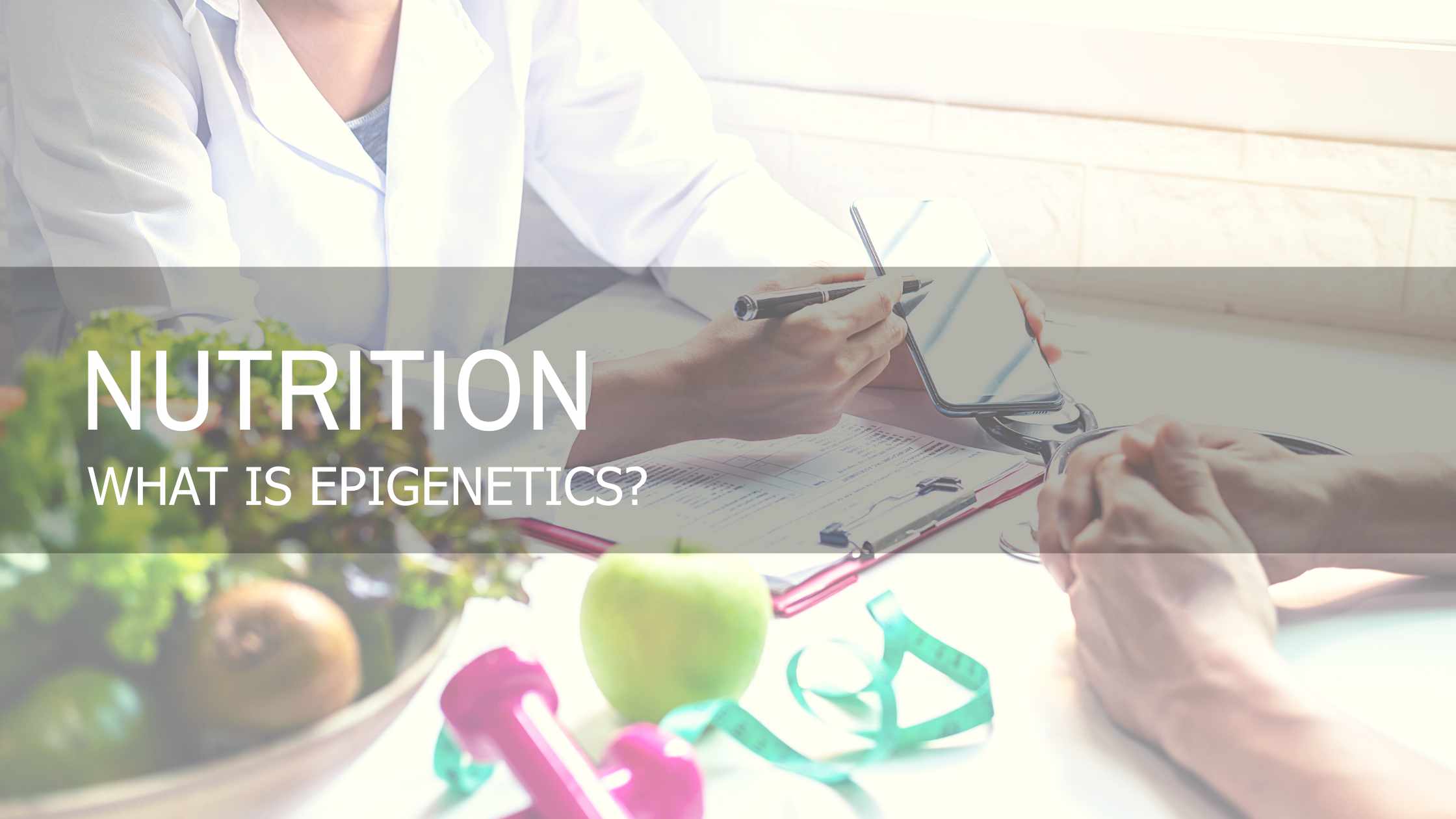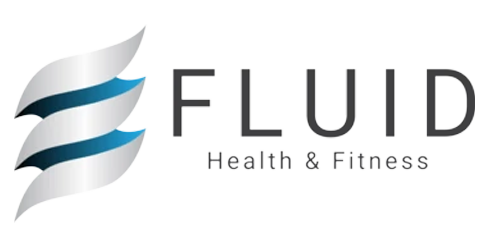
Apr 30 , 2021
0 Comments
Epigenetics | Overview
It has long been thought that the expression of our genes is primarily predetermined. However, the more we study the human body and its processes, the more we learn about how our environment and biological processes interact with and activate certain genes. The underlying sequences of our genes remain the same (genotype), but the expression of those genes (phenotype) can be altered by environmental factors during developmental and sensitive periods of time. This field of study is called epigenetics.
Epigenetics and Nutrition
Although the field of epigenetics is pretty broad, we will be focusing on the interplay between epigenetics and nutrition called nutriepigenomics.
A primary example of nutriepigenomics are the lasting effects of a pregnant woman’s diet on her future offspring’s health. The most critical period is during the early embryonic stage. This is why getting the right amount of nutrients, often through a prenatal vitamin, and getting enough calories can prove to be vital in the healthy development of the baby.
During World War II, from September 1944 to May 1945, the Netherlands experienced a catastrophic famine known as The Dutch Hunger Winter. The average pregnant woman from this time period only ate around 800-1000 calories per day. This had long-term effects on the children born, even 70 years later. These effects included: increased rates of obesity, diabetes, and mental health issues as well as higher cholesterol levels and decreased lifespans of about 10%. This case study demonstrates how quickly gene expression can change through environmental and biological influences.
How Does Nutrition Affect Our Genes?
When the genetic expression (phenotype) becomes altered, it can have adverse effects on the body such as tumor growth, proliferation of cancer cells, and the onset of heart disease, diabetes, and inflammation. People who are overweight or obese are much more susceptible to these issues; however, the gene expression can often be reversed through proper nutrition and exercise.
For example, foods, such as seafood, leafy greens, nuts, berries, and legumes have anti-inflammatory properties to promote healing and prevent inflammation and infection. On the other hand, nutrient-void foods, such as sugary, fatty processed, can have the opposite effect and lead to inflammation and inefficiencies within the body. This means that the body will be susceptible and on the defensive rather than operating at its very best. If we add chronic stress to the mix, it will tend to amplify the negative side effects, because unhealthy foods and influences may actually inhibit optimal activity within the DNA of our cells.
What are Some Tools to Optimize Your Epigenetics?
- Eat a balanced diet – eat at least three servings of vegetables per day, two servings of fruits per day, and three servings of protein per day.
- Stay active – try to stay active at least one hour per day.
- Sleep at least 7 to 8 hours of sleep per night.
- Engage in self-care.
- Pay attention to your family’s medical history – how genes interact with the environment is closely tied to our heredity.



